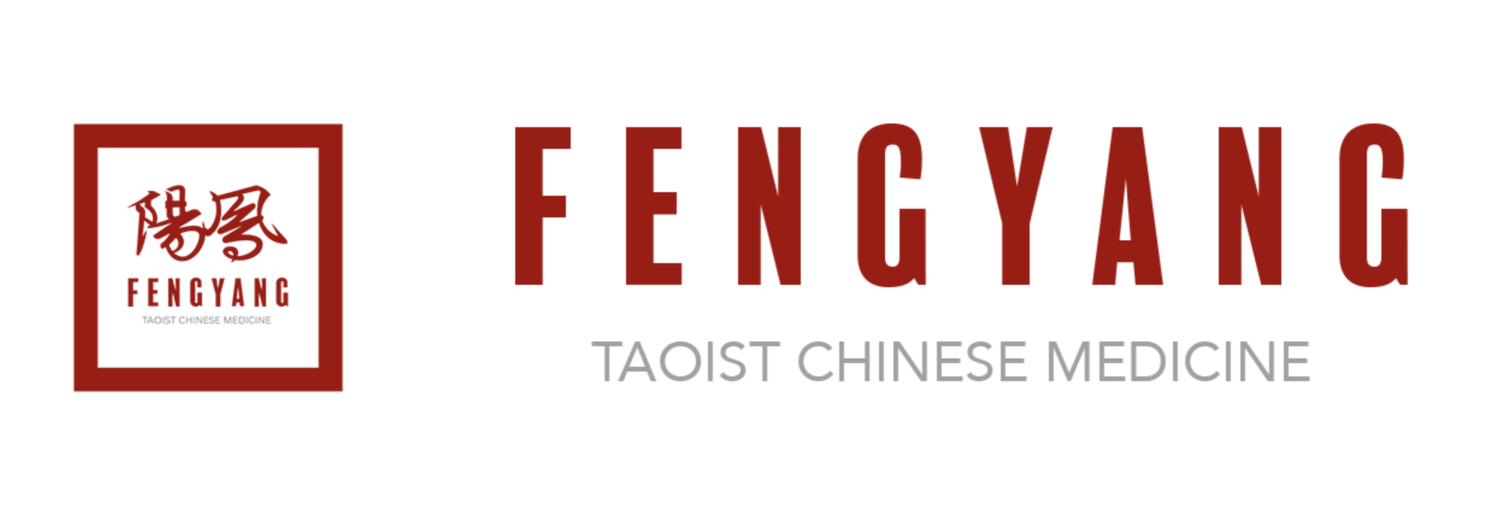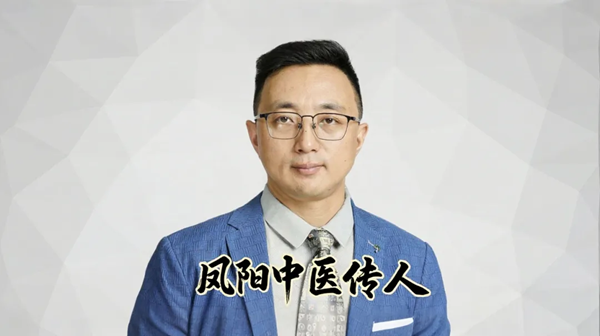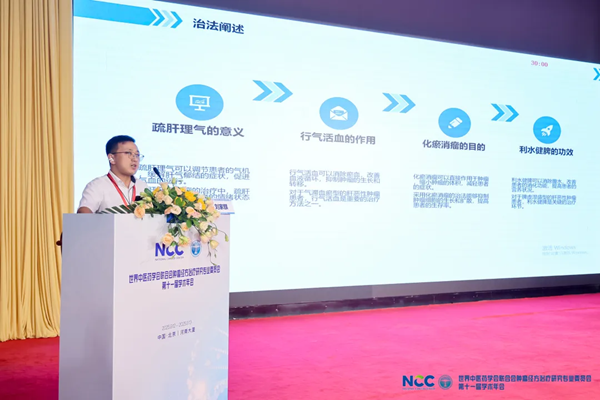Tonifying Spleen Qi in Late Stage Liver Cancer: A Fengyang TCM Approach
The Role of the Spleen in Liver Cancer
At the 11th Academic Annual Conference of the World Federation of Chinese Medicine Committee, held at the National Cancer Center in Beijing, Dr. Liu Jiaqi shared Fengyang TCM’s unique clinical techniques for treating liver cancer. Fengyang TCM emphasizes "disease differentiation combined with syndrome differentiation,” especially for cancer, focusing on qi-blood regulation and organ balance instead of aggressive tumor-killing. He emphasized how often Spleen weakness shows up in these patients, and why rebuilding Spleen Qi is such an important focus. When the Spleen can’t generate enough qi and blood, fatigue, poor appetite, fluid retention, and dampness quickly follow. Supporting this foundation helps patients regain strength and resilience.
Core Formula and Modifications
In practice, Dr. Liu often works with formulas that both soothe the liver and strengthen the Spleen. A central prescription is the modified Shu Gan Jian Pi Tang. It brings together Bupleurum to ease liver qi, Atractylodes and Poria to boost the Spleen and clear dampness, Angelica to nourish blood, Bai Hua She She Cao to cool heat and support anti-tumor effects, and Licorice to harmonize. Depending on what each patient needs, he adjusts the recipe, for example, adding Scutellaria or Gardenia for damp-heat, Astragalus for deep fatigue, or Cassia Seed for constipation. The aim is always to harmonize the liver and Spleen while building up qi and blood.
Adjustments for Advanced Disease
When the illness is more advanced, with signs like ascites, jaundice, or portal vein involvement, Dr. Liu often turns to Huo Xue Li Shui Tang. This blood-activating, diuretic formula helps relieve water retention and get circulation moving. It can be paired with herbs like Yin Chen and Gardenia for jaundice, while still keeping in qi-tonics such as Astragalus. The approach blends strengthening with clearing, a reflection of Fengyang TCM’s principle of treating both the root and the symptoms at the same time.
Clinical Cases
Two patient stories bring this approach to life. A 55-year-old man had a recurrence after surgery and received interventional embolization along with modified Shu Gan Jian Pi Tang (Liver-Soothing Spleen-Strengthening Decoction). Within six months, his jaundice and ascites disappeared, and after four years the lesions had gradually cleared, leading to remission. In another case, a 72-year-old woman with a large liver tumor and portal vein invasion chose not to undergo chemotherapy. She was treated with a modified Huo Xue Li Shui Tang formula (Blood-Activating Diuretic Decoction) plus moxibustion. In just weeks, her jaundice and ascites improved, her appetite and sleep returned, and she regained mobility. Her condition stayed stable for a year and a half, with a marked lift in quality of life.
Watch the video below to hear from the liver cancer patient himself about his recovery:
A Cohesive Clinical Strategy
Together, these cases show how Fengyang TCM weaves tonifying the Spleen, soothing the liver, moving blood, and draining dampness into a single clinical method. By rebuilding the body’s root strength while easing immediate symptoms, this approach offers patients with late stage liver cancer a way to recover energy and improve their day-to-day wellbeing.


